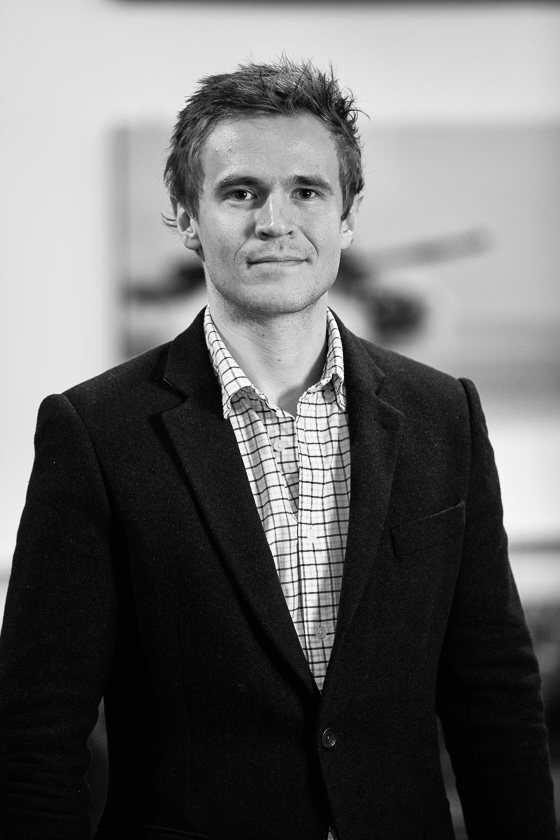David Morgan-Owen
Supported by The William Lind Foundation
David Morgan-Owen is a Reader in the History of War at King’s College London. Author of The Fear of Invasion: Strategy, Politics, and British War Planning, 1880-1914 (Oxford Uni Press, 2017), he is currently working on a history of ‘seapower’ in the First World War. He holds a PhD in Maritime History from the University of Exeter.
I am currently working on a project that examines how the seas and oceans underpinned British strategy in the First World War. Hitherto, historians have been concerned to ask whether the sea played an important role in securing victory in 1918, debating how great or small such a role was. This project proceeds from an alternative assumption: that the sea was the foundation of how Britain made war, and that the maritime world was integral to the imperial state’s mobilisation of economic and military power.
Ships, shipowners, and shipping lines were central to the ways in which the British state sought to mobilise and control aspects of the maritime world to meet wartime needs. Ships and the carry-capacity they conferred became the fulcrum of Entente grand strategy. Shipowners advised government on a wide-range of issues from shipbuilding to insurance, and many filled crucial roles concerned with the utilisation of ships for war purposes. Shipping lines adapted their operations to meet wartime import needs, becoming part of a global service of logistics and supply.
This Research Fellowship will offer me an immensely valuable opportunity to explore the records of prominent individuals such as the industrialist and shipbuilder James Lithgow (1st Baron Lithgow), who became Director of Merchant Shipbuilding in 1917. It will also offer the chance to examine the records of the numerous prominent shipping lines whose records are held at Glasgow, providing granular detail of how firms and their workers experienced government policies intended to control the recruitment of labour, shipyard activity, the cost of living, and other aspects of daily life that impacted workers in the vital parts of the industry in and around the Clyde.
I am delighted and deeply thankful to have been awarded this Visiting Research Fellowship from the William Lind Foundation. The opportunity to use the Scottish Business Archive for an extended period during 2025 will make a huge difference to the completion of my research on British seapower in the First World War. I’ve wanted to visit the collections at the University of Glasgow for a long time, and I am sure that this chance to work there and to meet the staff and other Fellows will make a tangible difference to my research.


